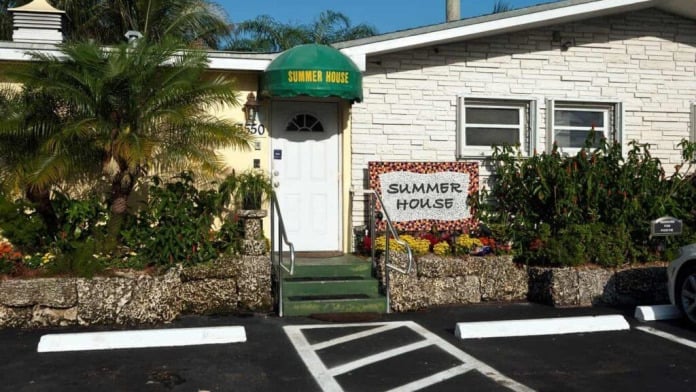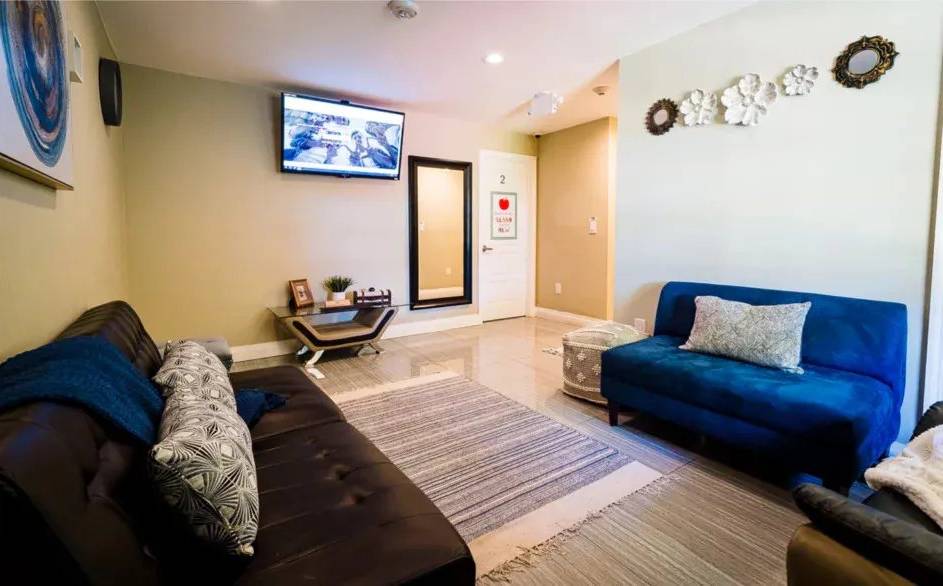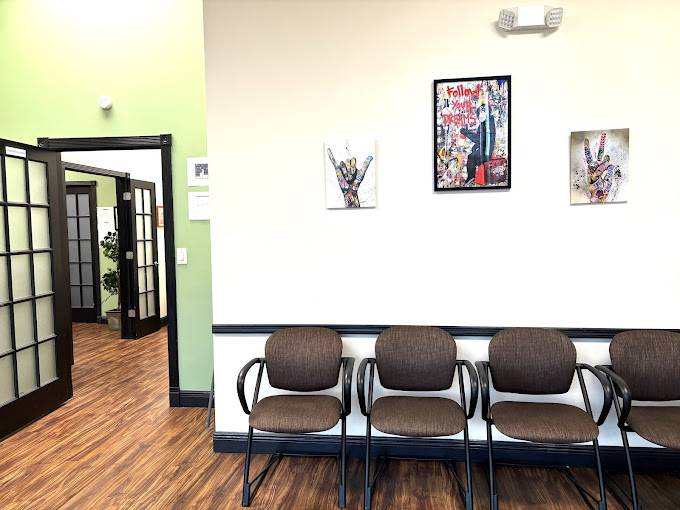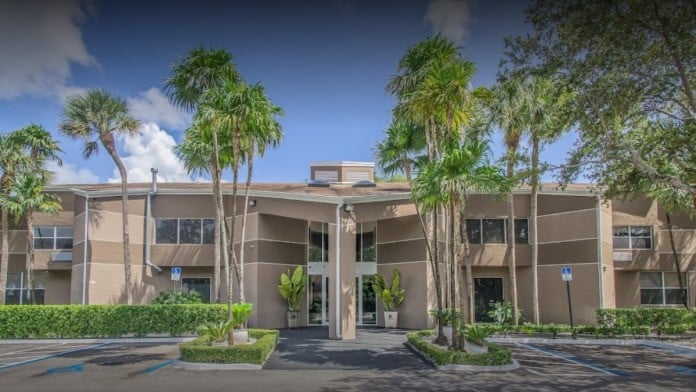About Agape Family Ministries
Agape Family Ministries is a faith-based, Christian-centered behavioral health, substance abuse recovery and primary care center located in Miami, Florida. This center specializes in several care pathways including short and long term residential treatment, outpatient treatment that can be medically assisted and medically assisted detoxification services.
What many clients like about the Agape Family Ministries is that they serve adolescents, young adults and adults. The center also treats men, women, LGBTQIA+ clients, pregnant and postpartum women and persons with HIV/AIDS. In addition, clients referred from the court or judicial system are also treated at this location.
A Passion for Care and Accessibility
Agape Family Ministries has been providing high-quality, compassion-driven services to the healthcare community for more than 42 years. On average, the center treats approximately 1,500 people monthly and aims to reach 2,500 clients in the future. The center is CARF-accredited and ECFA-accredited and has won a congressional award.
If you have insurance then you might not need to worry about how you will pay for the services you need. This center is well-known for accepting most major private insurance plans including Cigna, Humana, and UnitedHealth Group as well as Medicaid and Medicare.
Transformative Residential Treatment for Women
For women who prefer gender-specific treatment, the residential treatment program at Agape Family Ministries is worth considering. This program provides an integrated approach to address the diverse needs of female clients.
The program realizes that no two people heal and overcome their battles with addiction in the same way. That’s why they offer education, employment opportunities, social services, housing, primary care, behavioral health and prevention in a holistic environment with a range of services.
These transformative services include everything from individual, group, and family counseling to comprehensive needs-based assessments, a care team, psychiatric services, medication-assisted treatment (MAT) and parenting and life skills training.
Specialized Residential Treatment for Parenting Women and Mothers-to-Be
Addiction is a challenging path to overcome, made even harder if you are a mother or mom-to-be. Their state-of-the-art 110-bed facility located on six beautiful acres provides evidence-based treatment for chronic substance abuse users and those who suffer from persistent mental illness and co-occurring disorders.
Many mothers have found the Level II, III, and IV programs to be worthwhile due to their holistic approach. Women can enjoy healing through culinary arts, art therapy, and a serenity garden.
However, what has perhaps helped more women who are soon-to-be mothers is the Mommy & Me program at this location which offers partnerships with child welfare and criminal justice systems.
This mother-and-child addiction and reunification program will give you a nurturing and safe space to repair your relationship and encourage nurturing bonds.
Whole-Person Outpatient Treatment Near Top Miami Attractions
Every person’s recovery journey is unique so it’s understandable that some might only require general outpatient addiction treatment services while others might need MAT services. At Agape Family Ministries both are available.
Should you decide to seek outpatient services at this center, there are plenty of top attractions nearby that can help enhance your recovery journey. For example, you could visit the Blue Lagoon Farm, Redland Market Village or the Patch of Heaven Sanctuary if you would like to immerse yourself in nature and engage with the community to improve your chances of long-term recovery.
Latest Reviews
Rehab Score
Accepted Insurance
Other Forms of Payment
Medicaid is a state based program that helps lower-income individuals and families pay for healthcare. Medicaid covers addiction treatment so those enrolled can use their coverage to pay for rehab. When a program accepts Medicaid the client often pays very little or nothing out of their own pocket.
Private insurance refers to any kind of healthcare coverage that isn't from the state or federal government. This includes individual and family plans offered by an employer or purchased from the Insurance Marketplace. Every plan will have different requirements and out of pocket costs so be sure to get the full details before you start treatment.
Self-pay involves paying for treatment out of your own pocket. You can use savings or credit, get a personal loan, or receive help from family and friends to fund your treatment. If you don't have insurance or your insurance plan doesn't cover a specific program, self-pay can help ensure you still get the care you need.
Financial aid can take many forms. Centers may have grants or scholarships available to clients who meet eligibility requirements. Programs that receive SAMHSA grants may have financial aid available for those who need treatment as well. Grants and scholarships can help you pai for treatment without having to repay.
Medicare is a federal program that provides health insurance for those 65 and older. It also serves people under 65 with chronic and disabling health challenges. To use Medicare for addiction treatment you need to find a program that accepts Medicare and is in network with your plan. Out of pocket costs and preauthorization requirements vary, so always check with your provider.
Addiction Treatments
Levels of Care
Outpatient Programs (OP) are for those seeking mental rehab or drug rehab, but who also stay at home every night. The main difference between outpatient treatment (OP) and intensive outpatient treatment (IOP) lies in the amount of hours the patient spends at the facility. Most of the time an outpatient program is designed for someone who has completed an inpatient stay and is looking to continue their growth in recovery. Outpatient is not meant to be the starting point, it is commonly referred to as aftercare.
Drug and alcohol addiction often takes a heavy toll on one's body. Over time, a physical dependence can develop, meaning the body physiologically needs the substance to function. Detox is the process of removing drugs and/or alcohol from the body, a process that can be lethal if mismanaged. Medical detox is done by licensed medical professionals who monitor vital signs and keep you safe, healthy, and as comfortable as possible as you go through detox and withdrawal.
Residential treatment programs are those that offer housing and meals in addition to substance abuse treatment. Rehab facilities that offer residential treatment allow patients to focus solely on recovery, in an environment totally separate from their lives. Some rehab centers specialize in short-term residential treatment (a few days to a week or two), while others solely provide treatment on a long-term basis (several weeks to months). Some offer both, and tailor treatment to the patient's individual requirements.
Treatments
The goal of treatment for alcoholism is abstinence. Those with poor social support, poor motivation, or psychiatric disorders tend to relapse within a few years of treatment. For these people, success is measured by longer periods of abstinence, reduced use of alcohol, better health, and improved social functioning. Recovery and Maintenance are usually based on 12 step programs and AA meetings.
Drug rehab in Florida provides quality treatment to help individuals overcome dependency related to a wide range of addictive substances. Programs address both the physical and mental aspects of addiction in order to help you make a full recovery.
Many of those suffering from addiction also suffer from mental or emotional illnesses like schizophrenia, bipolar disorder, depression, or anxiety disorders. Rehab and other substance abuse facilities treating those with a dual diagnosis or co-occurring disorder administer psychiatric treatment to address the person's mental health issue in addition to drug and alcohol rehabilitation.
Opioid rehabs specialize in supporting those recovering from opioid addiction. They treat those suffering from addiction to illegal opioids like heroin, as well as prescription drugs like oxycodone. These centers typically combine both physical as well as mental and emotional support to help stop addiction. Physical support often includes medical detox and subsequent medical support (including medication), and mental support includes in-depth therapy to address the underlying causes of addiction.
Substance rehabs focus on helping individuals recover from substance abuse, including alcohol and drug addiction (both illegal and prescription drugs). They often include the opportunity to engage in both individual as well as group therapy.
Programs
Adult rehab programs include therapies tailored to each client's specific needs, goals, and recovery progress. They are tailored to the specific challenges adult clients may face, including family and work pressures and commitments. From inpatient and residential treatment to various levels of outpatient services, there are many options available. Some facilities also help adults work through co-occurring conditions, like anxiety, that can accompany addiction.
Young adulthood can be an exciting, yet difficult, time of transition. Individuals in their late teens to mid-20s face unique stressors related to school, jobs, families, and social circles, which can lead to a rise in substance use. Rehab centers with dedicated young adult programs will include activities and amenities that cater to this age group, with an emphasis on specialized counseling, peer socialization, and ongoing aftercare.
Clinical Services
Research clearly demonstrates that recovery is far more successful and sustainable when loved ones like family members participate in rehab and substance abuse treatment. Genetic factors may be at play when it comes to drug and alcohol addiction, as well as mental health issues. Family dynamics often play a critical role in addiction triggers, and if properly educated, family members can be a strong source of support when it comes to rehabilitation.
Group therapy is any therapeutic work that happens in a group (not one-on-one). There are a number of different group therapy modalities, including support groups, experiential therapy, psycho-education, and more. Group therapy involves treatment as well as processing interaction between group members.
Trauma therapy addresses traumatic incidents from a client's past that are likely affecting their present-day experience. Trauma is often one of the primary triggers and potential causes of addiction, and can stem from child sexual abuse, domestic violence, having a parent with a mental illness, losing one or both parents at a young age, teenage or adult sexual assault, or any number of other factors. The purpose of trauma therapy is to allow a patient to process trauma and move through and past it, with the help of trained and compassionate mental health professionals.
Staff

Jose E. Hernandez, D.Min
Founder & Executive Director
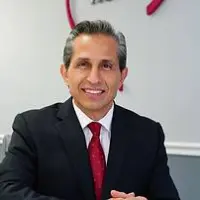
Claudio M. Perez, Hon. D.D
President & CEO

Sandy Hernandez
Senior VP & COO
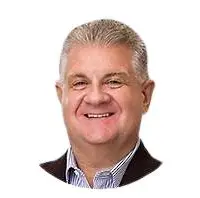
Rick Friedfeld, CPA, CGMA
CFO

Maylee Sanchez
CIO

Gabriela Vargas
Chief Administrative Officer

Janet Ruddock
Chief Compliance & Quality Officer
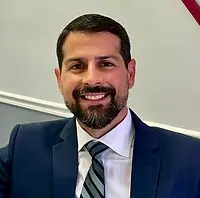
Dr. Juan Oms, MD
Chief Medical Officer
Contact Information
22790 Sw 112th Avenue
Miami, FL 33170


